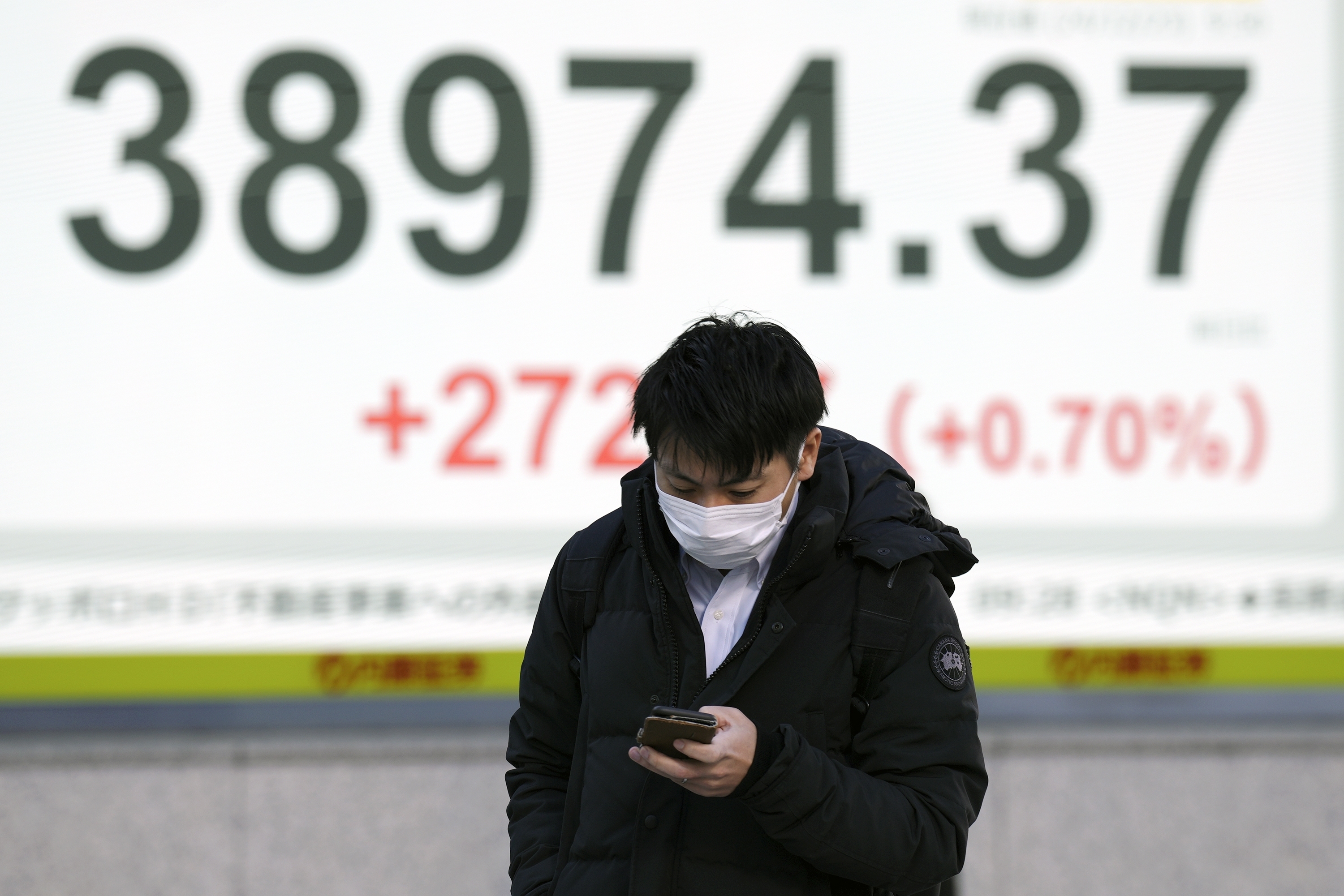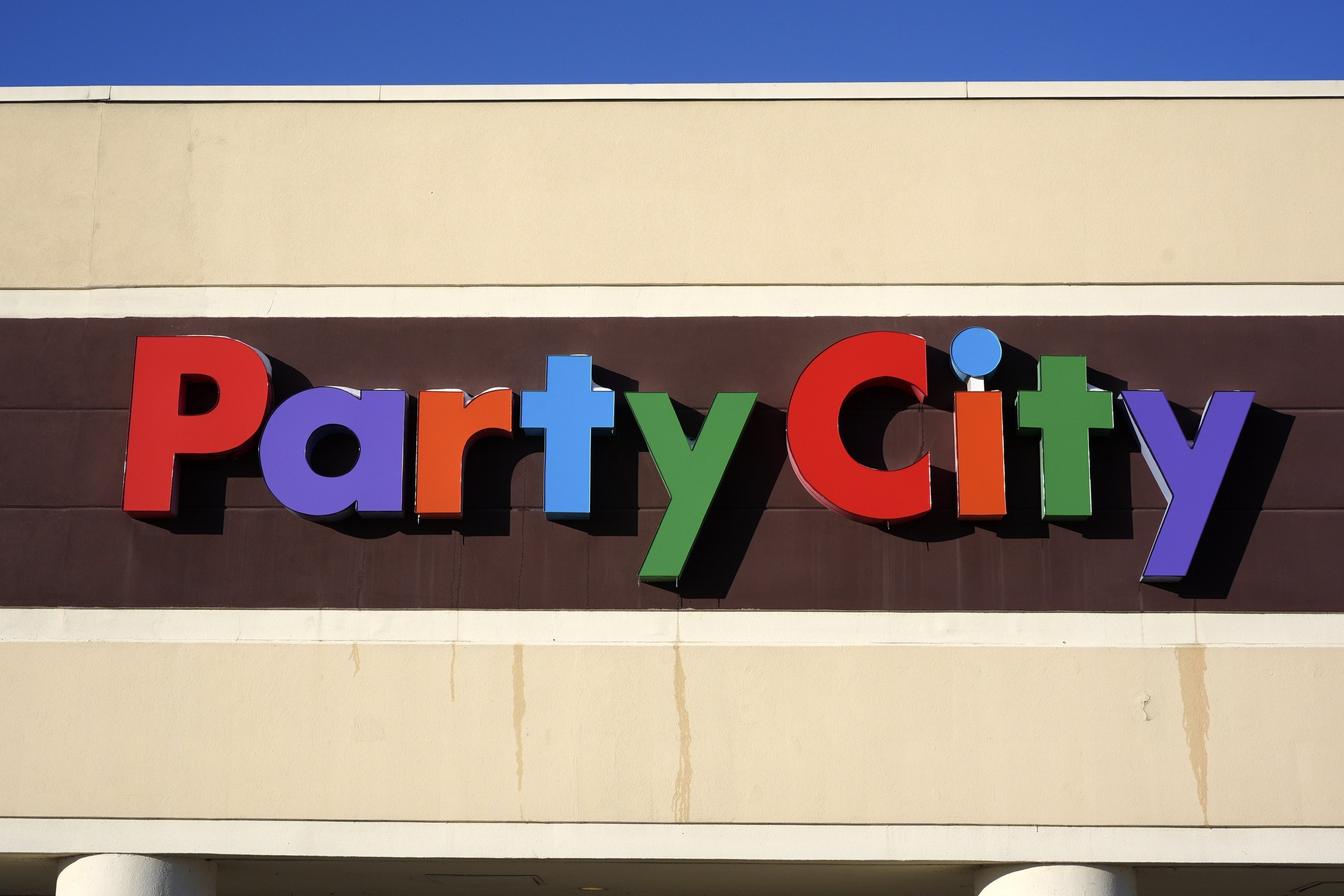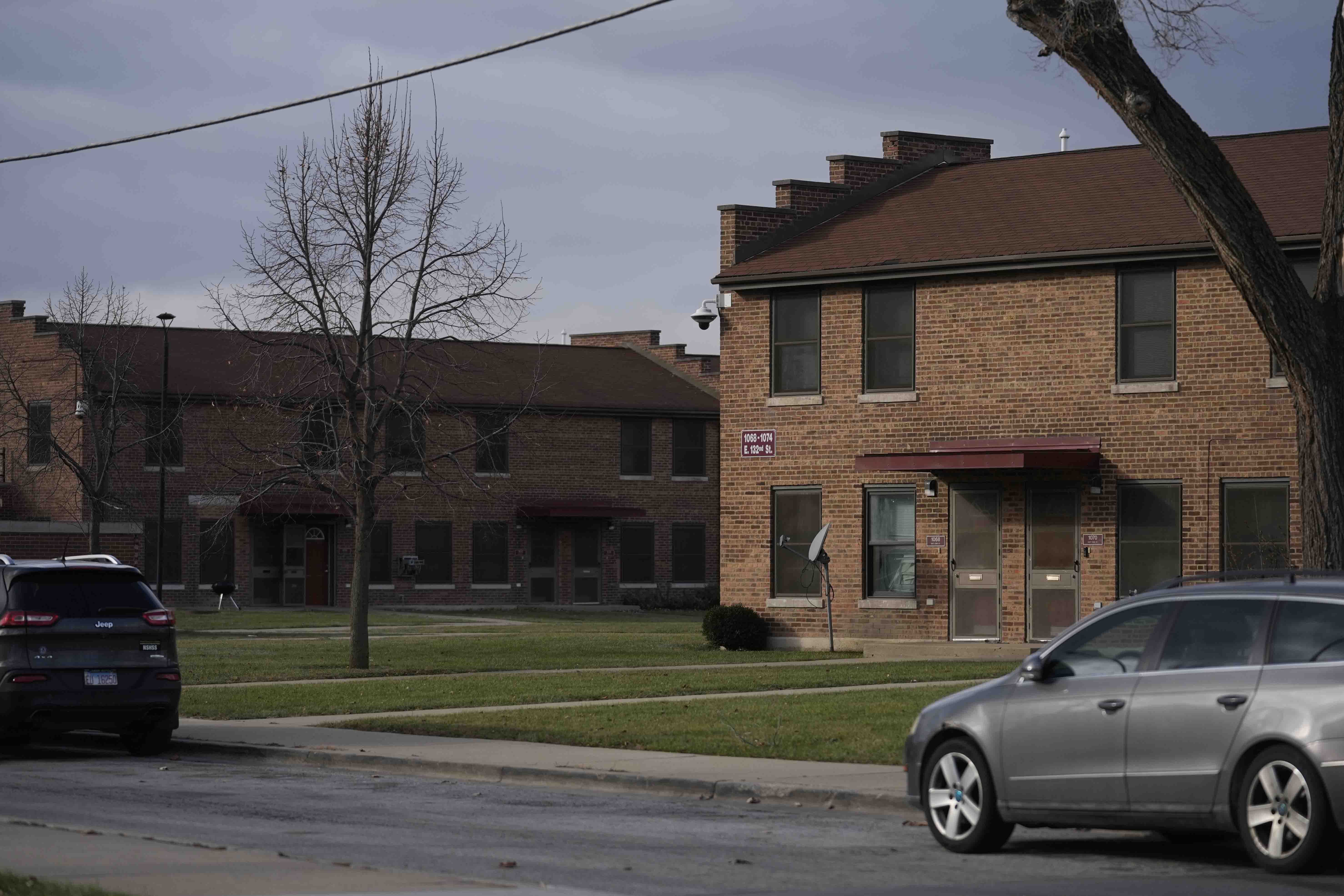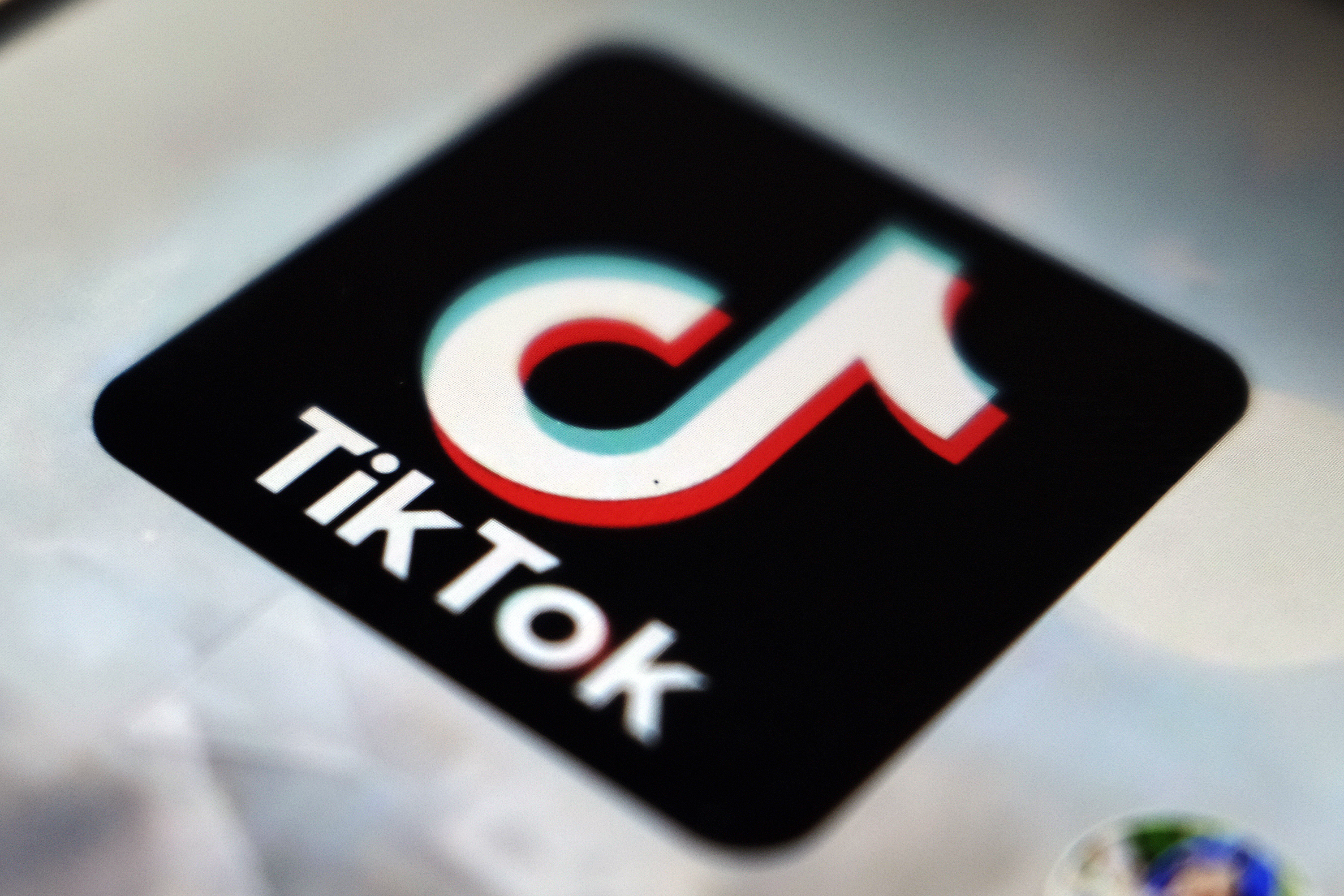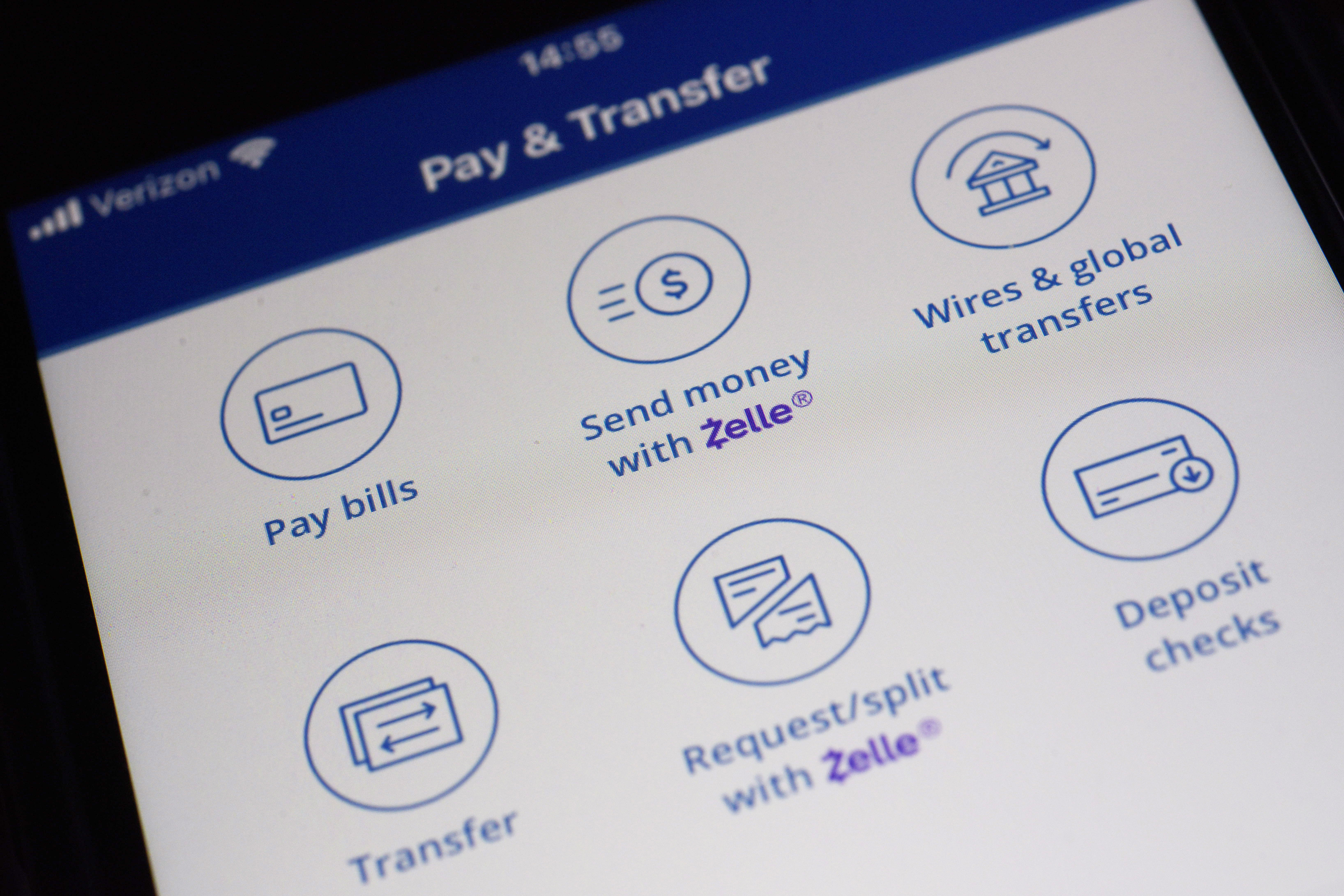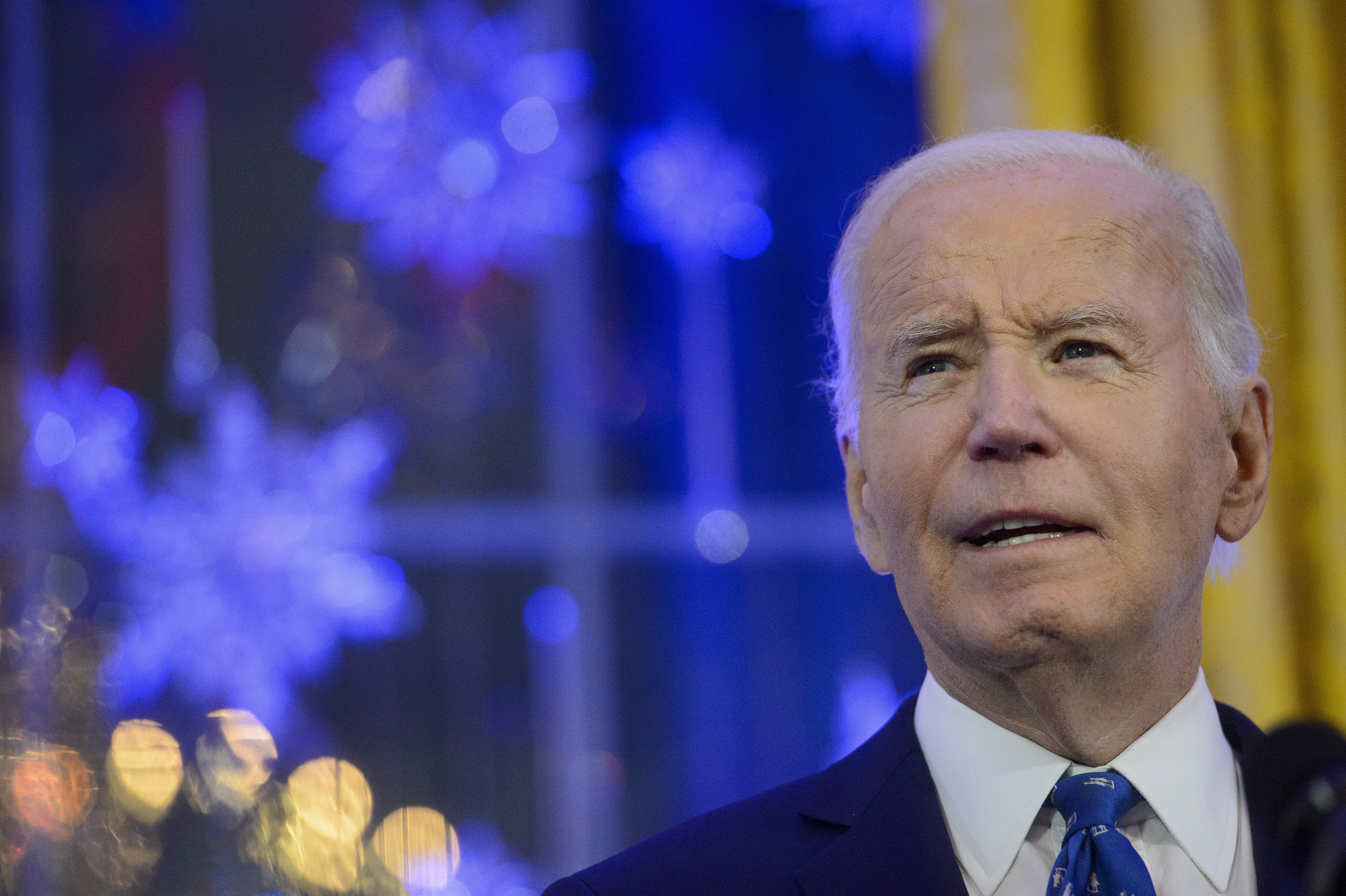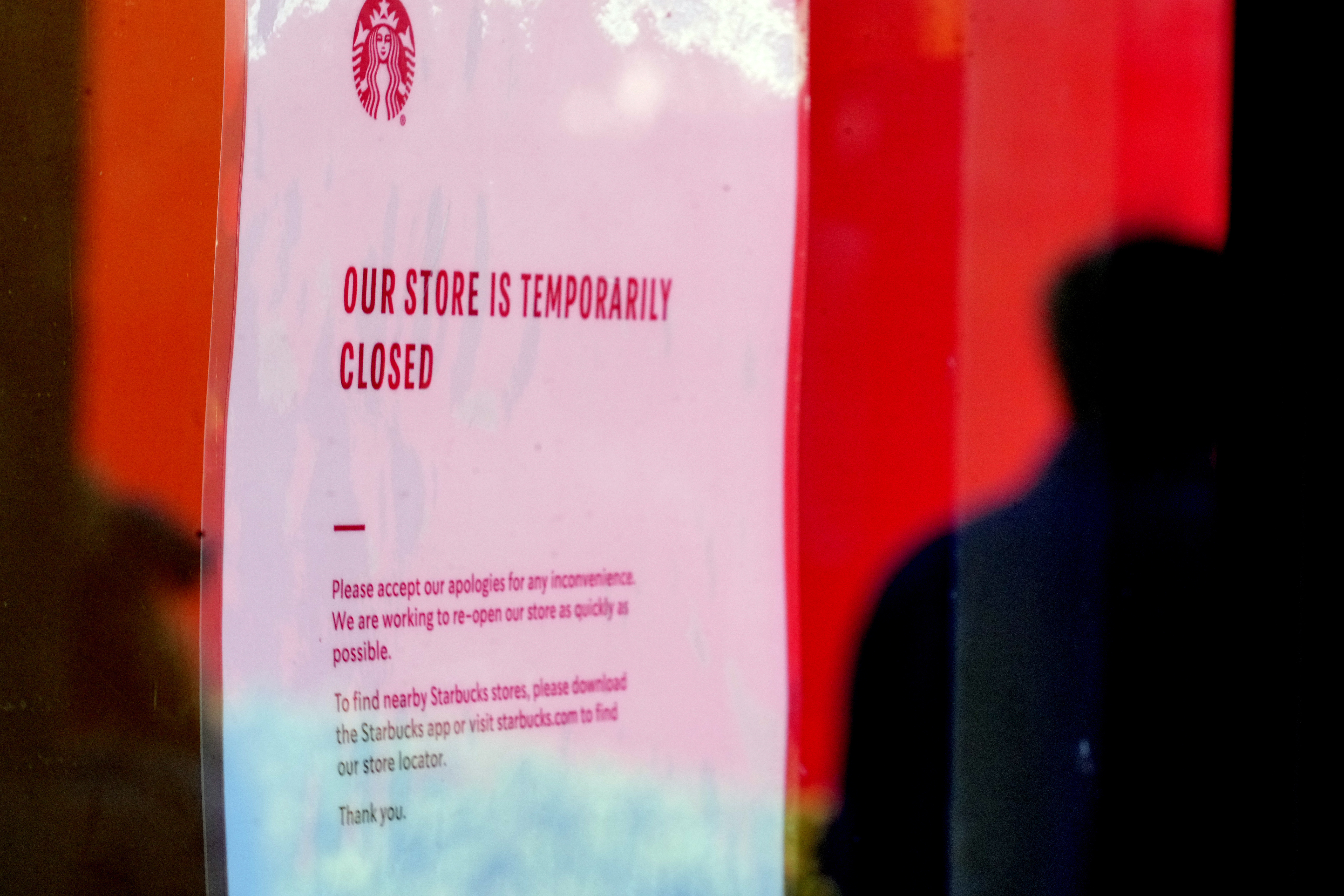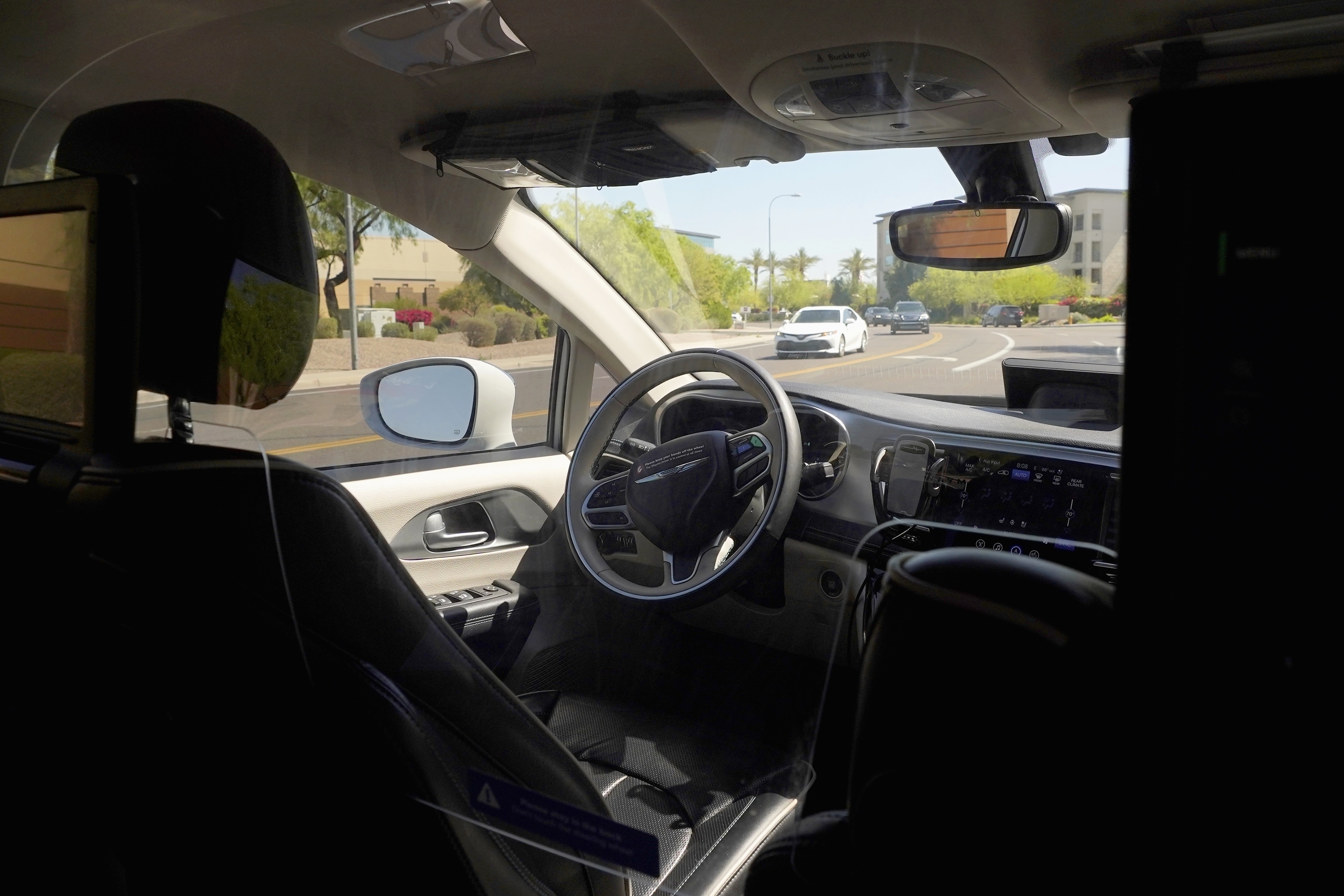Robert “Bobby” Scott is a candidate for the U.S. House of Representatives, District 3. His name will appear on the ballot on Nov. 8, 2022.
10 On Your Side reached out to all of the candidates running in this race. If you do not see a candidate listed with a profile, we did not receive one.
See who is on your ballot by viewing the candidate lists on the Virginia Department of Elections website.
Name: Robert “Bobby” Scott
Race: U.S. House of Representatives, District 3
Party: Democratic
Website: Bobby Scott for Congress
Biography: Congressman Bobby Scott has represented Virginia’s 3rd Congressional District in the U.S. House of Representatives since 1993. Prior to his service in Congress, he served five years in the Virginia House of Delegates and 10 years in the Senate of Virginia.
In Congress, Scott serves as the chairman of the House Committee on Education and Labor. As chairman, he is leading the fight to improve quality and equity in education, free students from the burdens of crippling college debt, protect and expand access to affordable health care, ensure workers have a safe workplace where they can earn a living wage free from discrimination, and guarantee seniors have a secure and dignified retirement.
Scott grew up in the southeast community of Newport News. He graduated from Harvard College and earned his law degree from Boston College. During and immediately after law school, he served in the National Guard and the U.S. Army Reserve. After passing the Virginia bar exam, he returned home to Newport News to practice law.
To ensure representation of those unable to afford an attorney, Scott founded the Peninsula Legal Aid Center. He also served as one of the youngest branch presidents of the Newport News NAACP. He is an active member of many community organizations and is a member of St. Augustine’s Episcopal Church in southeast Newport News.
Why should Virginians re-elect you to the U.S. House of Representatives?
I have spent my career in public service working to improve our community by authoring and advancing legislation that improves educational quality and equity, makes health care more affordable, reduces the burden of student debt, makes our workplaces safer, increases wages, reforms our criminal justice system, supports our servicemembers and veterans, protects our environment, and helps build an economy that works for everyone — not just the wealthy few. I am proud of the work I have already done to advance these issues, but there is still much more to do and that is why I am running for re-election.
What is the most important issue facing Virginia, and what is your position on it?
One of the most important issues facing Virginia is making sure we successfully come out of the COVID-19 pandemic, which includes addressing learning loss, assisting displaced workers, and lowering health care costs.
As chairman of the House Education and Labor Committee, I believe one of the biggest challenges we face as we come out of the pandemic is addressing learning loss from almost two school years of online learning. I was proud to work with President Joe Biden in drafting the education provisions of the American Rescue Plan, which helped to safely reopen schools and provided $122 billion for public K-12 education — the single largest federal investment in public education in our nation’s history. Significantly, the distribution of these funds was according to the Title I formula where poverty is one of the primary considerations — guaranteeing that most of these funds go to the school districts that need it the most. And at least 20% of these funds must be used by schools to specifically address learning loss related to the pandemic. Recent national reading and math scores show how important and needed these funds are to address this problem.
Another significant challenge we’re facing is connecting displaced workers with workforce development and training opportunities and connecting them to new jobs. The pandemic significantly transformed our workforce needs. That is why I authored the Workforce Innovation and Opportunity Act of 2022, which reauthorizes our federal workforce development programs. My bill passed the House earlier this year and, if passed by the Senate, would deliver $1.5 billion to Virginia’s workforce development programs.
I also authored, and the House passed, the National Apprenticeship Act, which would create nearly 1 million new registered apprenticeships, youth apprenticeships, and pre-apprenticeship positions to help workers earn while they learn by accessing in-demand jobs, such as welding and other disciplines. As workers today look for higher-paying jobs, and businesses are in need of more skilled workers, investing in our workforce through training and apprenticeship programs is critical to ensuring Virginia’s businesses and workers have the support they need to succeed.
Finally, guaranteeing access to affordable, comprehensive health care is essential. I was proud to support the Affordable Care Act. Since the ACA’s passage in 2010, millions of uninsured Americans have gained access to health insurance. Biden’s American Rescue Plan included additional support to help families pay their insurance premiums. The recently enacted Inflation Reduction Act extended these expanded subsidies for several more years, which will save 13 million Americans on average approximately $800 annually on health insurance premiums. Seniors on Medicare will not have to spend more than $35 for a month’s supply of insulin nor will they have to spend more than $2,000 out of pocket annually for prescription drugs. Additionally, Medicare will finally be able to negotiate lower prescription drug costs for our seniors.
Each of these initiatives will help make our economy stronger than before as we continue to recover from the COVID-19 pandemic.
What is the top challenge facing your district, and how would you address it?
In addition to the issues I discussed in the previous question regarding learning loss as a result of the pandemic, the workforce development challenges we face as we continue to recover from the pandemic, and ensuring access to affordable health care, one of the top challenges facing the 3rd Congressional District and all of Hampton Roads is the threat of sea level rise. Our region is the second largest population center in the nation most at-risk from sea level rise, behind only New Orleans. Our region’s major economic drivers are the military, the Port of Virginia, and our shipbuilding and ship maintenance industrial base. The billions of dollars invested in these facilities throughout our region are at-risk from sea level rise, which is compounded in our region by subsidence and climate change. Local governments simply do not have the resources to deal with this crisis on their own. We need a national, coordinated effort to help at-risk communities like ours deal with this problem.
Thankfully, the Democratic Congress and Biden last year enacted one of the most significant infrastructure laws in a generation to help deal with this issue. I was proud to vote in favor of the Infrastructure Investment and Jobs Act and help secure nearly $400 million in federal funds for flood mitigation efforts right here in Hampton Roads. The recently enacted Inflation Reduction Act also includes additional federal investments to address climate change, as well as historic investments in renewable sources of energy, including offshore wind which Hampton Roads is becoming a national leader.
I am proud of the progress we’ve made during my current term in Congress, but we have much more work to do to address sea level rise and climate change, and protect our environment for future generations.
How would you rate Congress’ response to the economic impacts of COVID-19? How would you improve upon that response?
Since the start of the pandemic, Congress has passed several significant relief packages to help Americans, businesses, schools, and local and state governments deal with the ramifications of the COVID-19 pandemic. As chairman of the House Education and Labor Committee, I was proud of my committee’s work in each of these major bills, including the Families First Coronavirus Relief Act, the CARES Act, and the American Rescue Plan Act. These bills helped save America’s small businesses, provided additional financial support for Americans unemployed as result of the pandemic, ensured free COVID tests and vaccines, lowered health insurance premiums, saved the hard-earned pensions of retirees, and delivered much needed stimulus checks to American families.
The most consequential of those laws was Biden’s American Rescue Plan, which provided additional stimulus checks to American families to deal with rising costs as result of the global pandemic and made historic investments to help our economy recover stronger than it was before the pandemic. I was proud to work with Biden in drafting the education provisions of the American Rescue Plan. These provisions helped to safely reopen America’s K-12 schools and address learning loss. It also provided the single largest federal investment in public K-12 schools in the history of our nation. The American Rescue Plan also provided additional support for colleges and universities, and historic levels of federal investments in our historical Black colleges and universities.
What is your stance on federal student loan forgiveness?
Biden’s student loan forgiveness plan provides unprecedented, targeted relief for millions of student loan borrowers. I support the president’s plan as it will provide assistance to millions of middle and low-income Americans who are struggling to repay their loans, which will help them recover from the pandemic and make ends meet.
While this is good news for millions of Americans who currently hold student loans, debt forgiveness alone does not solve the underlying problems that caused the student debt crisis in the first place — the decades long underinvestment in higher education that has led to an exponential rise in college costs, the fact that the Pell Grant has not kept pace with rising college costs, and a flawed student loan system that makes it too difficult for too many to successfully repay their loans. As chairman of the House Education and Labor Committee, I will be introducing legislation to double the value of the Pell Grant, reduce interest on federal student loans, make student loans easier to repay, and improve the Public Student Loan Forgiveness Program. To support student loan borrowers now and in the future, Congress must take action to reinvest in higher education and to ensure every student has the resources to access a high quality higher education that leads to a rewarding career with as little to no debt as possible.
What is your stance on the U.S. Supreme Court’s decision to overturn Roe v. Wade?
I support a woman’s right to make her own health care decisions. I believe the U.S. Supreme Court’s decision to overturn Roe v. Wade is fundamentally wrong and a significant setback for individual freedom in our country. I support the Women’s Health Protection Act, which has passed the House of Representatives and would codify Roe v. Wade. In my next term in Congress, I will continue to fight to protect a woman’s right to choose.
How is gun violence impacting your district, and how do you plan to address gun violence?
As a vice chair of the House Democratic Caucus’s Gun Violence Prevention Task Force, I know how difficult it is to get bipartisan support for gun safety legislation. The House of Representatives has passed legislation to improve universal background checks and to close the Charleston loophole. Each of these bills have significant public support, yet lack the necessary votes in the Senate to overcome the filibuster.
Despite these legislative setbacks, Biden and Congress have taken action to address gun violence. The Bipartisan Safer Communities Act that passed Congress this summer following the tragic mass shooting in Uvalde, Texas was the result of a hard-fought bipartisan compromise and the first significant gun safety legislation enacted in the last 30 years. The bill included provisions that I have long championed, including closing the boyfriend loophole for domestic abusers, enhancing background checks for those aged 18 to 21 when purchasing a gun, and providing incentives to states to enact red flag laws that protect individuals in crisis from perpetuating further harm on themselves or others.
As communities in the 3rd Congressional District reel from recent gun violence, the Bipartisan Safer Communities Act will help prevent some gun violence but we must also address the true drivers of crime in our community. And that takes a holistic approach involving schools, community and faith leaders, our health care system, law enforcement, and others. Making sure we keep children on the right track and in school on the way to college or a career is one of the most common sense, cost-effective actions we can take to improve our communities and reduce crime. That is why I authored the Youth PROMISE Act to provide resources to state and local governments for evidenced-based juvenile crime prevention programs. I was proud to work with Republicans and Democrats to pass the Juvenile Justice Reform Act in 2018, which former President Donald Trump signed into law and included key provisions of my Youth PROMISE Act. I will continue to fight for evidence-based crime prevention and intervention programs and strategies in Congress to make sure that we are truly addressing crime in our communities.
What strategies do you support to combat inflation?
Inflation is a global problem — not isolated to the United States. Democrats in Congress have been laser focused on reducing costs for American families. That is why Biden and the Democratic Congress have enacted significant legislation to address inflation, including the American Rescue Plan, Biden’s Infrastructure Law, the CHIPS and Science Act, and the Inflation Reduction Act. These bills put money in people’s pockets and put Americans back to work. A family of four received up to $5,600 in stimulus payments. The expanded child tax credit reduced child poverty by approximately 40%. We significantly lowered health care and prescription drug costs. Biden’s Infrastructure Law and the CHIPS and Science Act each made significant investments to address supply chain issues, which are further lowering costs for American families. And we put more people back to work by investing in child care and job training.
Additionally, the Democratic House of Representatives has passed legislation to address price gouging at the pump and to lower food and fuel costs. All of these legislative efforts to address inflation were opposed by a majority of Republicans in the House and Senate. In stark contrast to what Democrats have been able to achieve to address inflation and bring down costs for American families, the Republican strategy has only been to complain from the sidelines.



